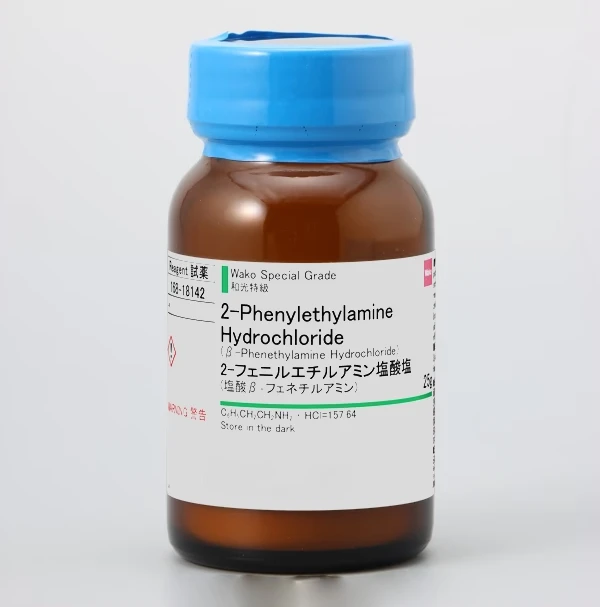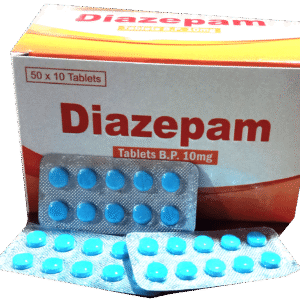(فينيثيل أمين) Phenethylamine (PEA) is an organic compound and natural monoamine alkaloid that acts as a central nervous system (CNS) stimulant. It functions as a neuromodulator and neurotransmitter, promoting the release of dopamine and norepinephrine, which can enhance alertness, focus, and mood.
Although Phenethylamine occurs naturally in the human brain and in certain foods (such as chocolate), its synthetic derivatives — including amphetamine, methamphetamine, MDMA (ecstasy), and cathinones — have potent stimulant and psychoactive properties. These analogues are often regulated under psychotropic substance laws due to their potential for abuse, dependence, and neurotoxicity.
Therapeutic uses: limited; occasionally explored in research for depression and ADHD, but not approved as a standard medical treatment.
Common forms: bulk chemical, dietary supplement (in some regions), or precursor for pharmaceutical synthesis.
Side effects (high doses or derivatives): increased heart rate, anxiety, insomnia, agitation, and risk of cardiovascular complications.




